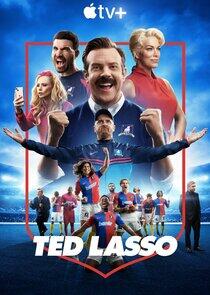Free to Choose - Season 1
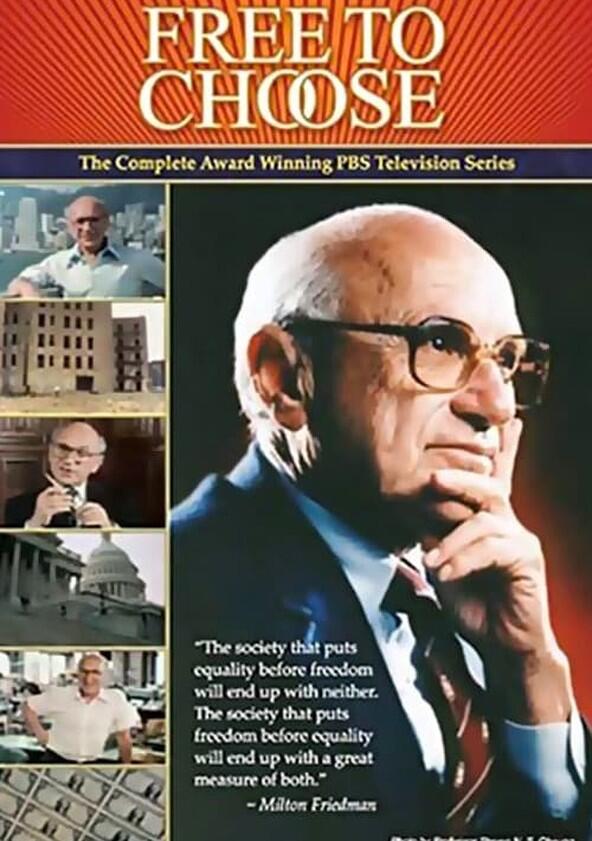
Season 1

Episodes
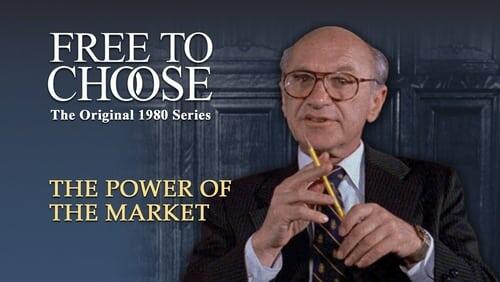
The Power of the Market
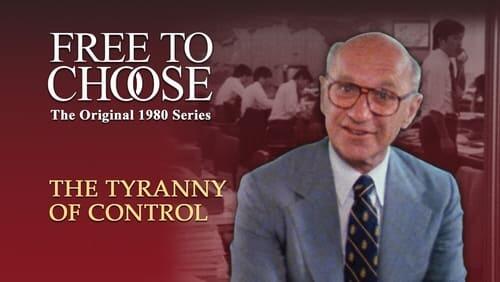
The Tyranny of Control
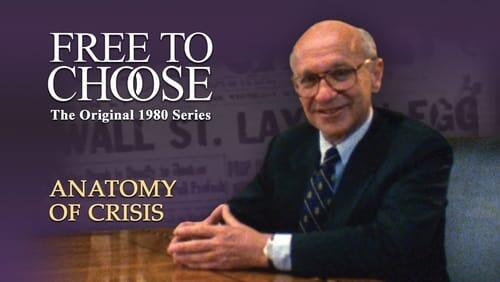
Anatomy of a Crisis
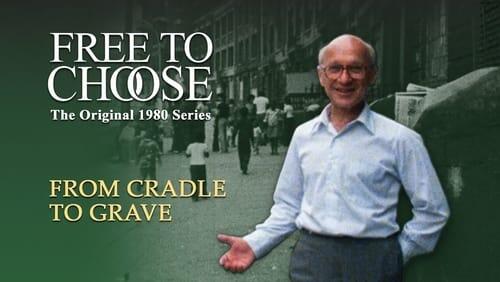
From Cradle to Grave
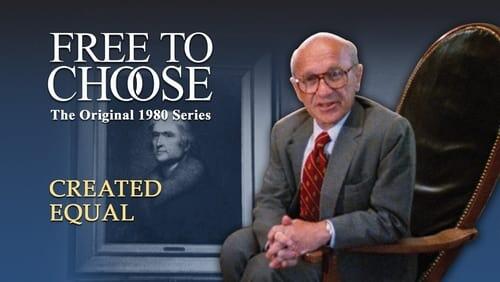
Created Equal
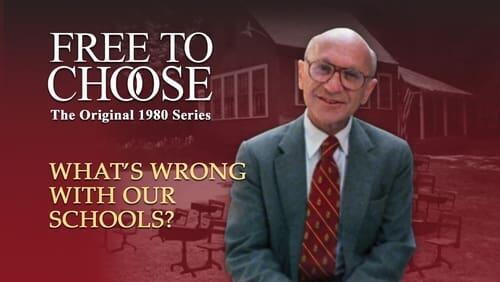
What's Wrong with our Schools
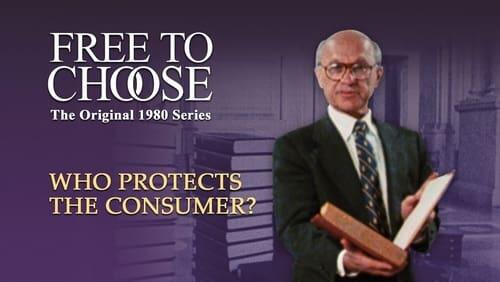
Who Protects the Consumer?
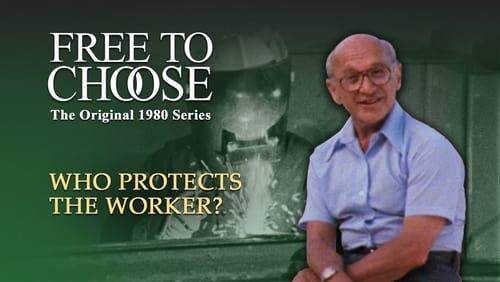
Who Protects the Worker?
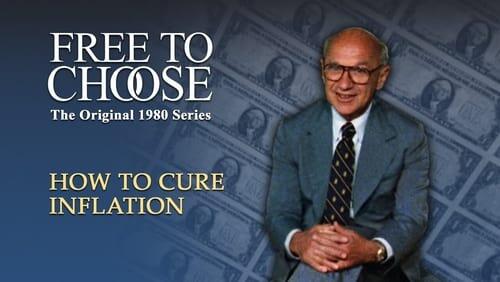
How to Cure Inflation
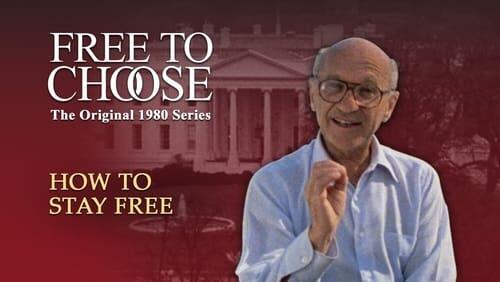
How to Stay Free
Recently Updated Shows

The Bold and the Beautiful
They created a dynasty where passion rules, they are the Forresters, the first name in Fashion. The Bold and the Beautiful, a world of fashion, glamor and romance. A place where power, money and success are there for the taking in a city where dreams really do come true. Follow the lives and loves of the Forresters on The Bold and the Beautiful...

The Young and the Restless
The Young and the Restless revolves around the rivalries, romances, hopes and fears of the residents of the fictional Midwestern metropolis, Genoa City. The lives and loves of a wide variety of characters mingle through the generations, dominated by the Newman, Abbott, Chancellor, Baldwin and Winters families. When The Young and the Restless premiered in 1973, it revolutionized the daytime drama. It continues to set the standard with strong characters, socially conscious storylines, romance and sensuality.

Wild Cards
Wild Cards follows the unlikely duo of a gruff, sardonic cop and a spirited, clever con woman. Ellis, a demoted detective, has unfortunately spent the last year on the maritime unit, while Max has been living a transient life elaborately scamming everyone she meets. But when Max gets arrested and ends up helping Ellis solve a local crime, the two are offered the opportunity to redeem themselves, with Ellis going back to detective and Max staying out of jail. The catch? They have to work together, with each using their unique skills to solve crimes. For Ellis, that means hard-boiled shoe leather police work; for Max, it means accents, schemes and generally befriending everyone in sight, while driving Ellis absolutely nuts. Against the backdrop of beautiful Vancouver — with all its unique, charming, and even contradictory neighbourhoods and subcultures — the two will have to learn what it means to trust another person and maybe actually become partners.
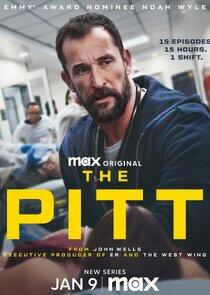
The Pitt
The Pitt is a realistic examination of the challenges facing healthcare workers in today's America as seen through the lens of the frontline heroes working in a modern-day hospital in Pittsburgh, Pennsylvania. Each episode follows an hour of Dr. Robby's 15-hour shift as the chief attendant in Pittsburgh Trauma Medical Hospital's emergency room.
